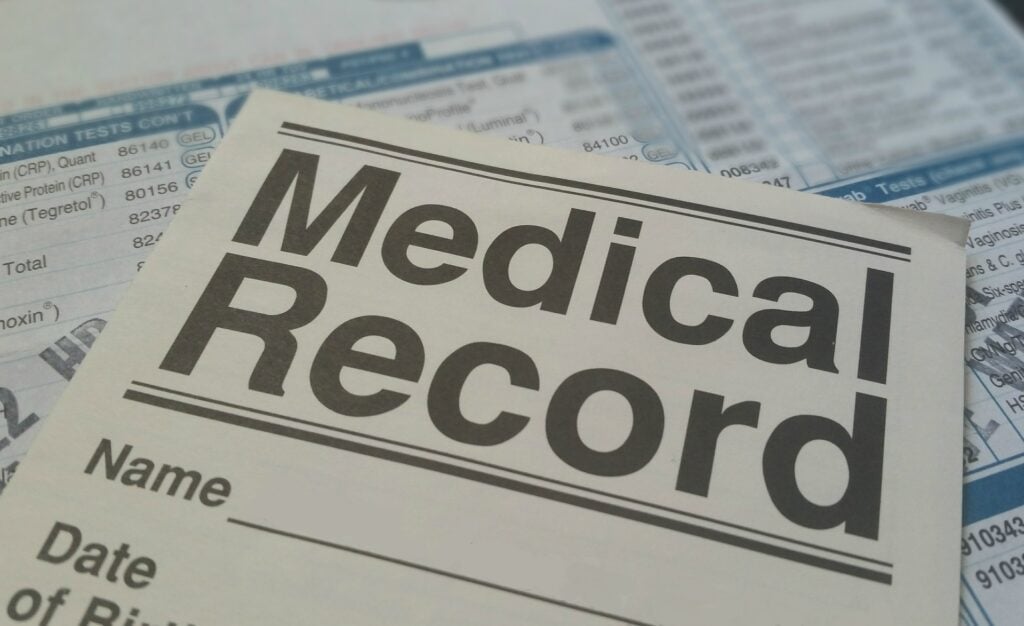The need for digitalization in the healthcare sector has grown over time. It is one of the US’s fastest-growing industries. Although there have been improvements over the past few years, several issues still need to be resolved.
The following is a rundown of the main issues with machine-readable data in the US healthcare sector:
- Lack of Standardization: There is no unified set of standards or guidelines for handling and storing patient information as machine-readable data. This can result in potential safety violations and increased costs for healthcare providers who must meet various requirements from various states or agencies.
- Data Quality: It is common to encounter incompatible file formats, obsolete fields, or incomplete records. This can significantly impact the accuracy and completeness of a patient’s medical history or record. Furthermore, due to a lack of reliable information, poor-quality data frequently makes it difficult for healthcare providers to diagnose their patients properly.
- Inefficient Utilization Strategies: Many healthcare providers cannot optimize their use of machine-readable data owing to a lack of effective usage methods, such as upgrading existing software databases or building new systems entirely. Both methods necessitate considerable financial commitments on the part of insurers or hospitals.
- Inconsistent Accessibility Across Healthcare: Different access points, such as hospital clinics, might make it difficult to access machine-readable data. This is because each set may have unique policies regarding interface utilization best practices that must be followed. Some access points, for example, may not allow certain types of API calls used by third parties. Others, on the other hand, may prevent external users from viewing certain sections to prevent sensitive information from being revealed publicly. Only authorized personnel are allowed to enter these restricted areas.
- Outdated Infrastructure: Older equipment is incompatible with newer integrations. It makes it difficult for healthcare providers to collect patient data and accurately store it in databases with secure transporting support.
- Security Breaches: Insufficient security protocols exist in institutions. This increases system vulnerability to hacks and malicious attacks caused by internal or external sources resulting in the loss of confidential, protected health information(PHI). Well-known theft incidents include Anthem and Premera Blue Cross Data breaches.
- The Overall Complexity of the system: Connections between pharmacies, physicians, hospitals, and so on complicate the process of making improvements. Because technology necessitates strong foundation support, the industry must invest to avoid a massive bill in the coming years.
Without advancements in machine-readable data usage, the growth of the US healthcare industry will be slowed or even halted, potentially leading to the industry’s demise. Furthermore, in healthcare, machine-readable data must be safe and secure, especially when providing meaningful patient care.

